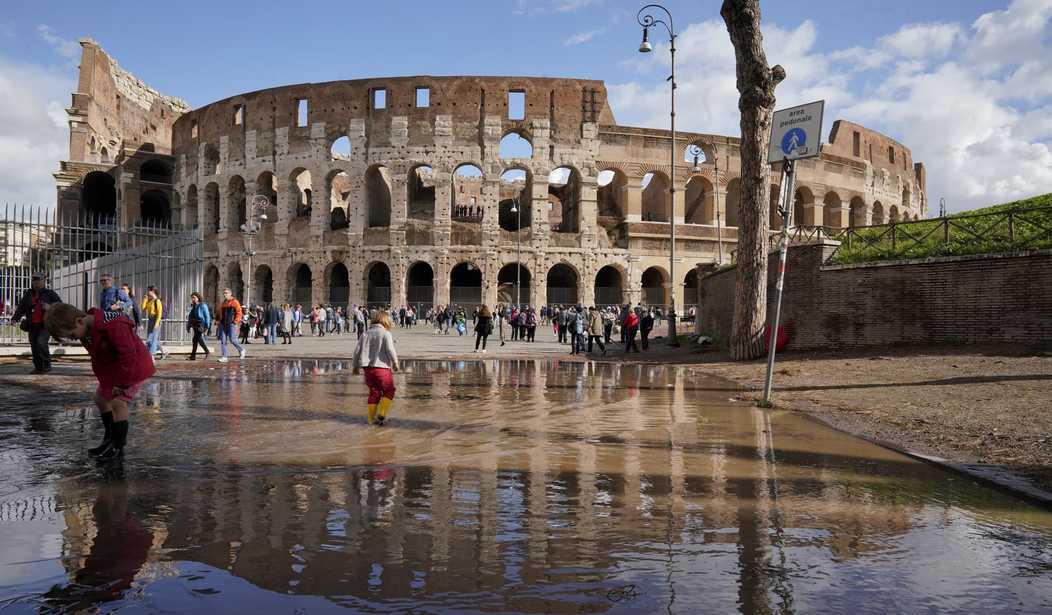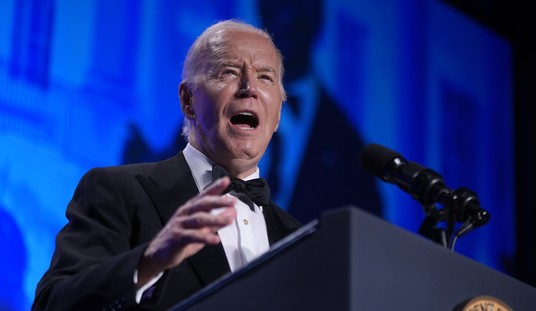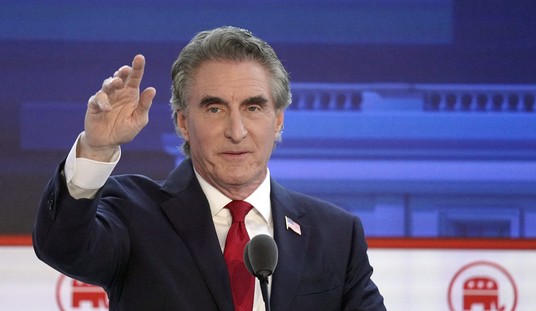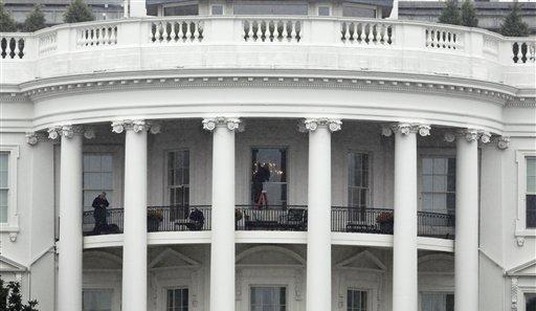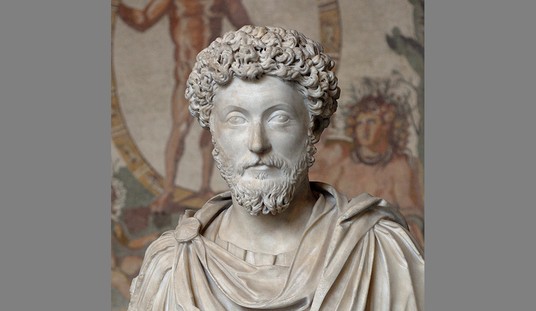Is Donald Trump a latter-day Horatius?
Horatius Cocles was a great hero of the early Roman Republic, known for his stand against the Etruscans at the Pons Sublicius in the early 6th century BC. His acts are well documented, as he is described in Plutarch’s “Life of Publicola” and in the 1842 poem by Thomas Babington Macaulay, Horatius, among other places.
Horatius took a stand with two other Roman soldiers in the Pons Sublicius (the Sublician Bridge), a bridge into the walled city of Rome, against Etruscan invaders led by Lars Porsena. The Etruscans eventually took the city, but Rome was not sacked – that time. Horatius emerged as a symbol of Roman courage, as the man who planted himself in front of an invading horde and said, “You shall not enter.” In the poem Horatius, Macaulay described it thus:
Then out spoke brave Horatius, the Captain of the Gate:
“To every man upon this earth, death cometh soon or late;
And how can man die better than facing fearful odds,
For the ashes of his fathers, and the temples of his Gods,
“And for the tender mother who dandled him to rest,
And for the wife who nurses his baby at her breast,
And for the holy maidens who feed the eternal flame,
To save them from false Sextus, that wrought the deed of shame?
“Hew down the bridge, Sir Consul, with all the speed ye may!
I, with two more to help me, will hold the foe in play.
In yon strait path, a thousand may well be stopped by three:
Now, who will stand on either hand and keep the bridge with me?’
Then out spake Spurius Lartius; a Ramnian proud was he:
“Lo, I will stand at thy right hand and keep the bridge with thee.”
And out spake strong Herminius; of Titian blood was he:
“I will abide on thy left side, and keep the bridge with thee.”
“Horatius,” quoth the Consul, “as thou sayest, so let it be.”
And straight against that great array forth went the dauntless Three.
For Romans in Rome’s quarrel spared neither land nor gold,
Nor son nor wife, nor limb nor life, in the brave days of old.
Then none was for a party; then all were for the state;
Then the great man helped the poor, and the poor man loved the great.
Then lands were fairly portioned; then spoils were fairly sold:
The Romans were like brothers in the brave days of old.
After reading the account of Horatius again, I wonder if some of the electorate view Donald Trump as our Horatius. Bear with me; I’ll explain all that.
Horatius’ fame resulted from his action described in Macaulay’s poem and by Plutarch; he planted himself at a bridge and, with only two comrades, faced down an invading army until the bridge could be removed and the gate closed. He did so without question, an act of courage, patriotism, and duty so profound that it has survived through the ages.
When Donald Trump descended the golden stair (escalator, but you’ll forgive me the Classical allusion) and announced his candidacy for the Presidency of these United States, many thought it was a stunt. I thought it was a stunt, to be honest. It wasn’t until some months into the primary campaign that I began to think, as the late, great Charles Krauthammer put it at the time, that “…it’s beginning to look as though he might pull this off.” He did; the rest is history, as the saying goes.
Even so, a lot of people jumped on board the Trump train right at the outset, and lots of those folks are still riding that train today. Is it because they see Donald Trump as the latter-day Horatius?
It may very well be. There are several parallels.
Horatius took a stand, with only two faithful followers, against an invading army. Donald Trump’s campaign now portrays him as the only man who could take on the army of the Deep State, and that he is taking a stand to do so.
Horatius was unafraid, taking his stand out of a sense of duty to Rome. Trump’s message was that the Deep State scares him not a whit, that he is losing wealth by running for President, but that he does it out of a sense of duty to America.
Horatius took his stand with two others, also loyal soldiers of Rome, who shared his commitment. Trump sells himself similarly, that he is a “team builder” who would put together a crew to put our national affairs in order.
There are, of course, some key differences.
We know nothing of Horatius’ personality save the heroic stand that history remembers. But his deeds depended on fortitude and courage, not personality, and Horatius was not standing for elected office; Trump is, and his abrasiveness and quicksilver temper don’t help him.
Horatius faced a foe that admired and respected his courage, which is one of the reasons the Etruscans didn’t sack Rome. Trump enjoys no such luxury. His foes will take him apart by any means necessary, legal or illegal.
There are probably a lot more holes in the comparison than I’m mentioning here. An actual scholar of ancient Rome would probably pick the idea apart. But I do think that this is a big part of Trump’s appeal. It’s a potent symbol: The strong, stoic man, standing at the head of a small band of heroes, with weapons drawn, saying, “No more. It ends now. This far and no farther. Now we will drive you back.”
Mind you, I’m not saying Donald Trump is that man. He may prove to be, but it remains to be seen. But I think, consciously or unconsciously, that this is the image he is trying to portray, and it may well work for him if he can resolve some of his other issues. And it may be a cautionary note that Horatius’ brave stand being what it was, Rome still fell to the Etruscans.
Here’s another important cautionary note. About five hundred years after Horatius, another Roman leader emerged, and this one saw the end of the Republic. That’s a parallel that voters should be watchful for. Caesar was a populist, legally elected Dictator first for ten years, then for life, largely on a slate of jobs and benefits for the common people of Rome. But in the end, his actions led to the fall of the Republic and the rise of the totalitarian Empire.
It’s tempting to say it can’t happen here. But a lot of Romans about 49 BC probably thought the same.

